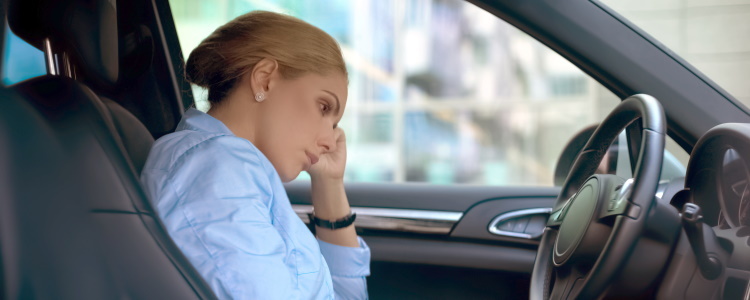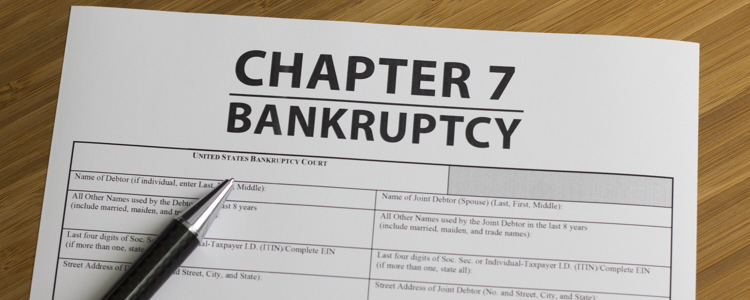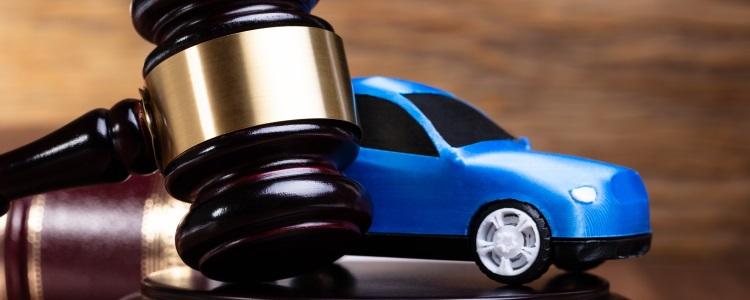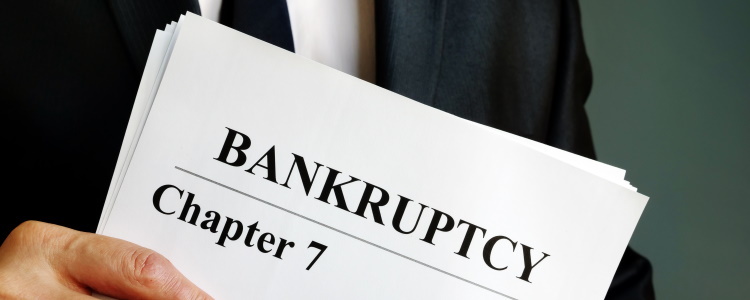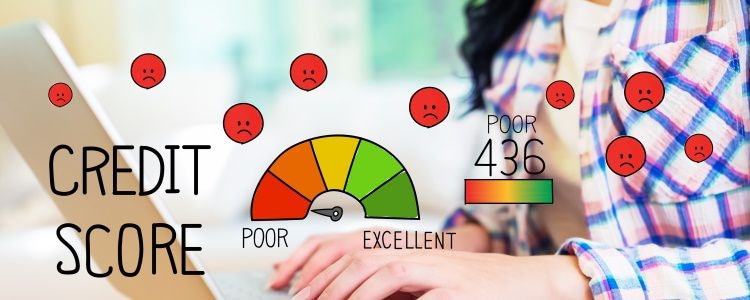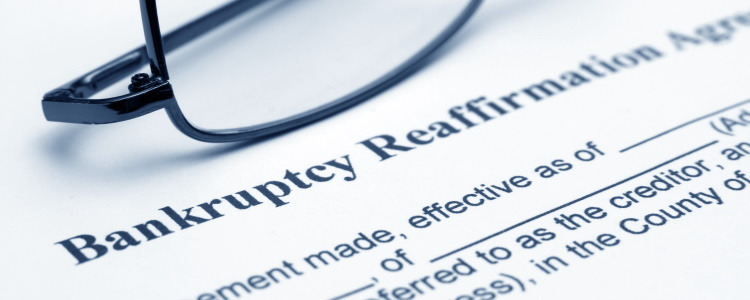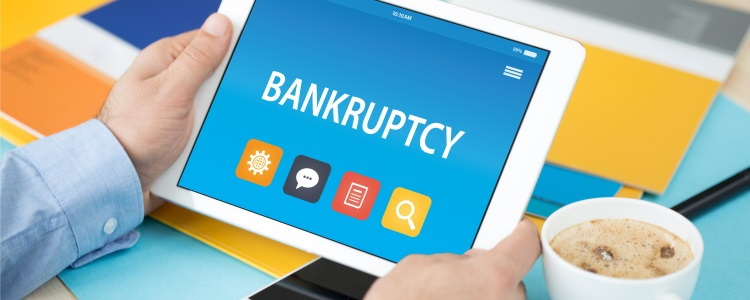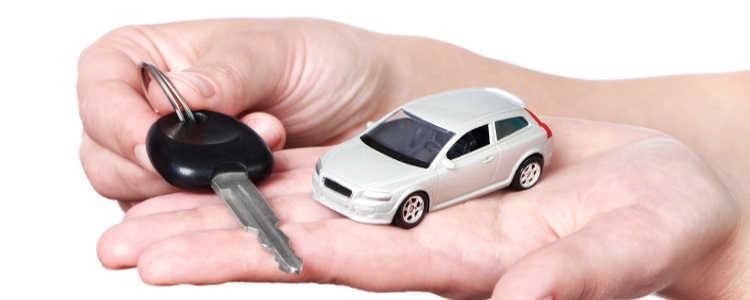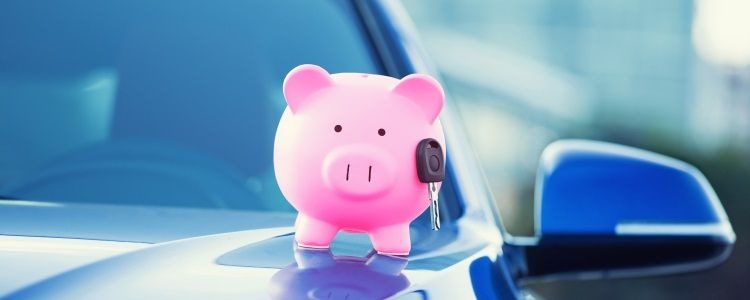Stuck in a no-win, down-and-out money situation? Is your credit bad to boot? This is when many people throw in the towel and declare bankruptcy. But it’s not a decision to be made lightly. Though a Chapter 7 bankruptcy might seem like a quick fix for your debts, its effects can be long lasting.
What it Means to File Chapter 7
When a person declares personal bankruptcy, they have the choice of two types: they can file a Chapter 13, which is a three or five year process involving scheduled debt repayment, or they can file a Chapter 7. Chapter 7 bankruptcy is a relatively short process taking only three to six months to complete. It involves the sale of personal assets and the use of those funds to pay debts. At the end of the process, most unpaid debts are then wiped out.
The Downside to Filing Chapter 7
Chapter 7 bankruptcy is also known as a “liquidation bankruptcy” because a court-appointed trustee will be responsible for liquidating (converting assets into cash) all of your non-exempt assets and handling the repayment of your collectors with the proceeds. But this quick fix type of bankruptcy is only designed to stop harassing creditors and allow you to get back on your feet. It may not wipe out your obligation to repay certain secured loans, such as mortgages or car loans, if they qualify for exemption in your state.
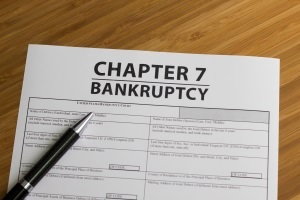 There are several more reasons why you may want to think twice before filing a Chapter 7 bankruptcy. For instance:
There are several more reasons why you may want to think twice before filing a Chapter 7 bankruptcy. For instance:
- A Chapter 7 bankruptcy remains on your credit report for 10 years.
- You will lose any property you own that isn’t exempt from sale.
- Bankruptcy will not eliminate student loan debt.
- Chapter 7 will not wipe out child support or alimony obligations.
- Getting a mortgage will be extremely difficult after a bankruptcy.
- You'll most likely lose your credit cards if you include them in your bankruptcy.
Another downside to this process is that you won’t be able to file a Chapter 7 bankruptcy again for at least six years, so if any other financial situations arise, you won’t be able to use this method of debt relief until that time has passed. Also, if you have a cosigner on any secured loans, they'll still be liable for all or part of the debt you discharge in bankruptcy. In the case of an auto loan, your vehicle can still be repossessed if you’re late with a payment following a bankruptcy.
Also, it’s good to note that you may be able reaffirm any loans or credit card balances that you want to keep during your Chapter 7, but it should only be used if truly necessary, because the point of a Chapter 7 bankruptcy is to clear your debts. Any debt that is reaffirmed won’t be discharged once the bankruptcy is completed.
Chapter 7 Bankruptcy and Your Vehicle
If you find yourself in a Chapter 7 bankruptcy and in need of a vehicle, you may find it difficult to get approved for auto financing. This is because a new vehicle loan could be included in the bankruptcy, which would once again leave you without a car.
However, if you have successfully completed bankruptcy and are struggling to find a way to purchase a vehicle, Auto Credit Express may be the solution for you. We match credit-challenged people with local special finance dealers who have the lenders available to help.
We work with an extensive network of dealers nationwide, and their lenders can provide financing for people with bad credit, no credit, and even bankruptcies. Getting started is simple, just fill out our auto loan request form today!

